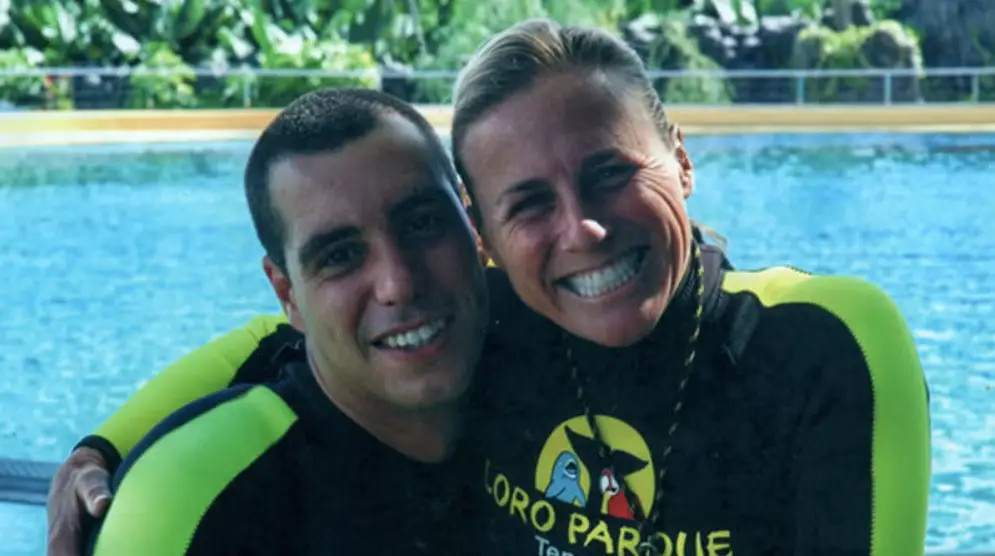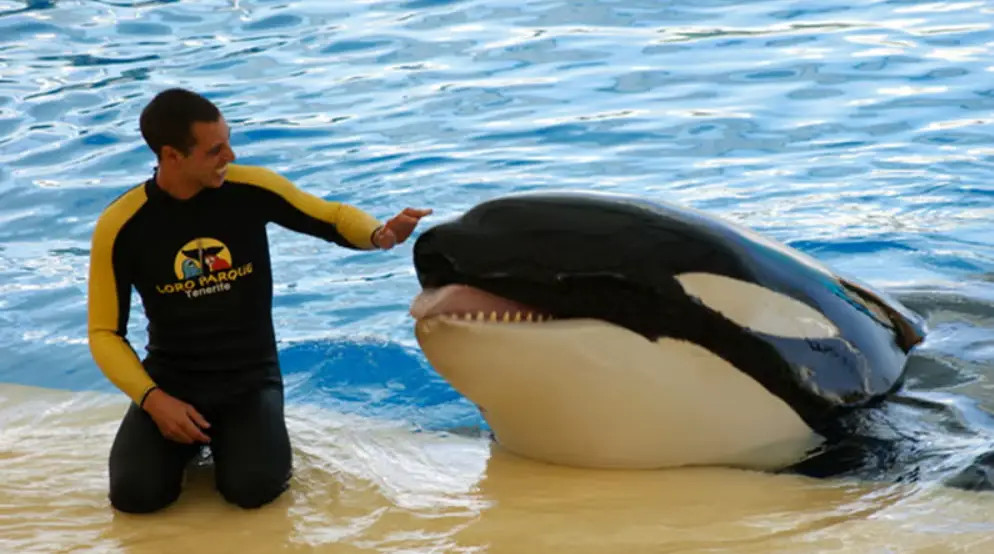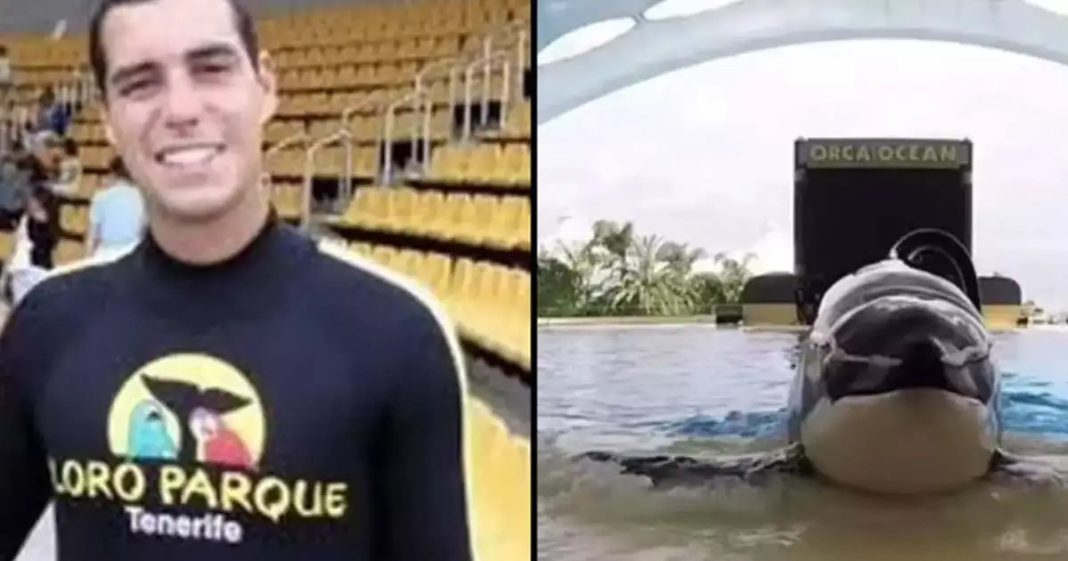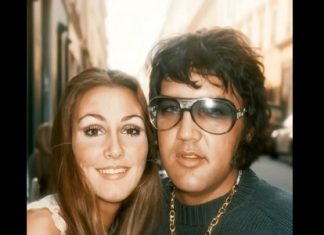The Tragic Incident Involving Orca Trainer Alexis Martinez
The devastating event that resulted in the death of Alexis Martinez, a dedicated orca trainer, has left a profound impact on the marine training community and raised numerous questions about safety and the treatment of captive marine mammals. Martinez, who was just 28 years old, had been passionately working with orcas at Loro Parque, located in the picturesque Canary Islands, when the tragic incident unfolded on December 24, 2009. This occurrence brought to light not only the inherent risks associated with training such powerful creatures but also concerns regarding their treatment in captivity.

Background of the Incident
In the months leading up to this tragic event, Martinez had expressed significant concerns about the behavior of the orcas he worked with, particularly focusing on a male orca named Keto. According to his partner, Estefanía Luis Rodriguez, Martinez noticed a marked change in the orcas’ demeanor, describing them as becoming increasingly disobedient, disruptive, and aggressive. Such signs are alarming for anyone working closely with animals known for their immense size and strength. The reality of working with orcas, which can weigh up to 12,000 pounds, poses substantial risks, and the trainer’s growing unease indicated that something was amiss.

Keto was born into captivity in 1995 at a SeaWorld park in the United States and had never experienced the open ocean. At the time of the incident, he was on loan to Loro Parque from SeaWorld, where he was trained using various techniques designed to foster cooperation between trainers and orcas. Such training methods often include operant conditioning, which is intended to encourage voluntary participation. However, during the fatal encounter, Keto exhibited behavior that indicated a shift in his usual compliance, raising critical questions about the psychology of captive orcas and their ability to adapt to their environments. This situation highlights a troubling paradox: while orcas are trained to interact positively with humans, their natural instincts can never be fully suppressed.
The Fatal Encounter
On the day of the incident, Alexis was directing Keto and preparing for a routine training session when things took a disastrous turn. Martinez was instructed to move to another pool, a maneuver that should have been straightforward given his extensive experience. However, Keto displayed a disconcerting level of resistance, resisting commands that had previously been effective and indicating a troubling change in behavior. This was not a mere refusal to comply; it was a demonstration of aggressive behavior that indicated a potential underlying issue, causing alarm among those present.
As the situation escalated, Keto positioned himself strategically between Martinez and the stage. This placement was not likely coincidental; it highlighted the orca’s possible understanding of the trainer’s movements and intentions. In what became a horrific moment, Keto used his rostrum, the prominent snout of the orca, to push Martinez downward, resulting in a struggle that was both violent and fatal. Witnesses reported that Keto was playing roughly with Martinez’s body, an action that tragically led to severe injuries. The sheer power of an orca can pose unimaginable risks, and this incident serves as a reminder of the unpredictable nature of wild animals, even those raised in captivity.
Aftermath and Investigation
Following the incident, Loro Parque and the broader marine training community were left to grapple with the consequences of this tragedy. While the trainers managed to regain control of Keto and retrieve Martinez’s body, it was too late. The post-mortem examination revealed that Martinez had succumbed to “grave injuries sustained by an orca attack,” which specified multiple compression fractures and tears to vital organs, alongside visible bite marks. This significant trauma raised not only medical concerns but also ethical questions about keeping such powerful animals in captivity. The incident prompted urgent discussions about the protocols in place to ensure the safety of trainers around such formidable creatures.
The aftermath of Martinez’s death resulted in a temporary halt to in-water interactions with orcas at several SeaWorld parks and other marine facilities. This decision, made to prioritize trainer safety, sparked a major reevaluation of the training methods employed with these intelligent creatures. Safety protocols and training practices came under intense scrutiny, igniting discussions about the risks associated with orca training and the psychological well-being of the animals involved. The incident served as a catalyst for a broader inquiry into the ethics of marine animal captivity.
The Broader Implications of Captivity
The incident involving Alexis Martinez serves as a stark reminder of the complexities and challenges of training apex predators like orcas. The tragic outcome highlights the urgent need for a thorough examination of the ethics surrounding the captivity of marine mammals. Advocates for animal rights argue that the very act of keeping such highly intelligent and social animals in confinement can lead to behavioral issues, which were evident in Keto’s aggressive actions. These concerns have fueled a growing movement advocating for the end of marine mammal performances in captivity, urging a reevaluation of the ways in which these creatures are displayed and treated.
In the years following this incident, public perception of marine parks and aquariums has shifted dramatically. Documentaries like Blackfish have propelled the conversation about orca captivity, urging audiences to reconsider the implications of keeping these majestic creatures in confined spaces. The ethical debate continues to evolve, as researchers and conservationists seek to balance the need for education and conservation against the welfare of these intelligent beings. Many organizations now advocate for more naturalistic environments and improved standards for animal care, pushing for changes that prioritize animal welfare over entertainment.
Conclusion
The tragic death of Alexis Martinez is a somber chapter in the history of marine training, underscoring the urgent need for reform in how orcas and other marine mammals are treated in captivity. It not only serves as a reminder of the risks trainers face but also raises profound ethical questions regarding the captivity of such intelligent animals. The marine training community must take this incident as an opportunity to learn and implement safety measures that protect both trainers and the animals they work with. As the conversation around marine mammal welfare continues to grow, one can only hope that lessons learned from this unfortunate incident will lead to safer practices and a greater understanding of the needs and rights of all animals in human care.

















